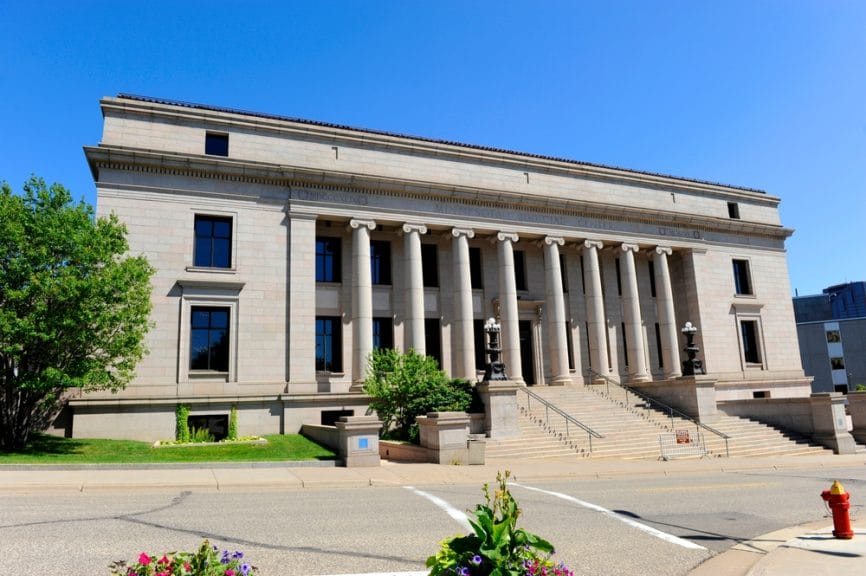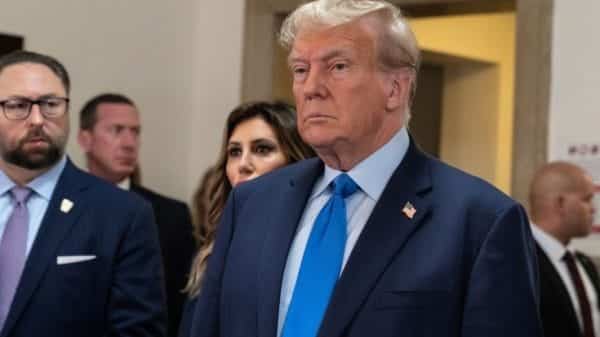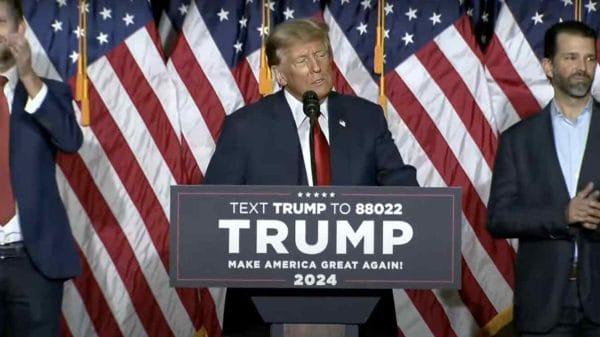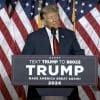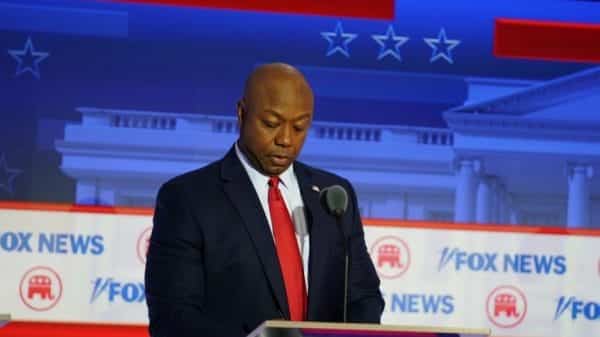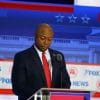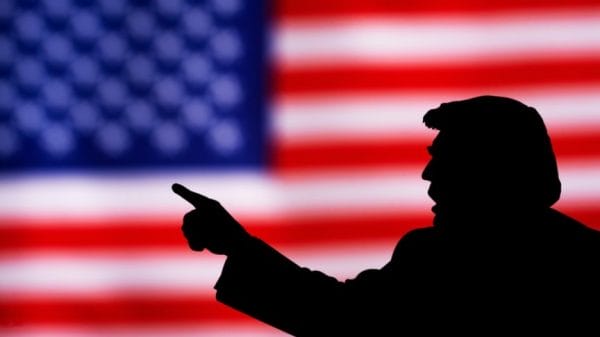The Minnesota Supreme Court is deciding if Donald Trump can be on the state’s 2024 presidential election ballot.
A liberal group wants to prevent Trump from running for president. They claim that he violated the insurrection clause of the 14th Amendment on January 6, 2021.
The Insurrection clause and its significance
After the Civil War, the 14th Amendment incorporated a rarely used section called Section 3.
This section states that individuals who engage in rebellion or aid the government’s enemies are ineligible for federal employment. This is especially relevant if they have previously sworn allegiance as a Congress member or a public servant.
If they’ve promised to be loyal as a Congress member or government official, it’s definitely true. The clause intends to address the post-Civil War context, and modern times have not invoked it.
Challenging Trump’s eligibility
People who have rebelled against the government or helped its enemies cannot work for the federal government.
This rule applies to people who have already promised to serve as a member of Congress or a government official.
The liberal group represented by Ronald Fein argues that Donald Trump’s actions in the lead-up to and on January 6, 2021, constitute a clear case of insurrection and rebellion against the United States.
Many argue that Former President Donald Trump’s conduct in the U.S. Capitol disqualifies him from seeking federal office. This includes the presidential primaries.
In Colorado, a judge in Denver is overseeing a trial that lasts for a week in a different legal case. This trial is dedicated to resolving parallel issues concerning the interpretation of the insurrection clause in the Constitution, which has seen limited prior examination.
Trump’s Attorney stand
Trump’s attorney, Nicholas Nelson, says the voters, not the courts, should decide who becomes president.
He emphasizes the Constitution’s extensive provisions for selecting the president, suggesting that judicial interference in this process is undesirable.
According to Trump’s attorney, courts should refrain from making decisions about presidential eligibility, mainly when it involves political questions.
Minnesota Supreme Court steps.
The Minnesota Supreme Court first needs to address procedural matters, including whether it has jurisdiction to decide the case. The court needs to answer these fundamental questions before discussing more critical issues like the meaning of “insurrection.”
Officials in Minnesota are preparing for the primary election in March. However, they are still determining the exact date of the election.
The legal battle in Minnesota is just one of two high-profile election challenges to Trump’s eligibility. A judge in Colorado is overseeing a trial that deals with similar questions about the insurrection clause.
The cases could significantly affect Trump’s eligibility to run for president in various states. The understanding of Section 3 of the 14th Amendment contributes to this.
Chief Justice’s concerns and Donald Trump’s troubles
Minnesota Chief Justice Natalie Hudson expressed concerns about the interrelation between state and federal authority in determining presidential eligibility. She said that Congress, not individual states, should decide who is eligible to be president. This argument gained traction with some justices and highlights the complexity of the legal issue at hand.
Donald Trump is facing legal trouble in both Washington, D.C. and Atlanta for his actions during the 2020 election. He believes that these trials are a political move orchestrated by his opponents.
He contends that the issue is fundamentally political and not within the purview of the judiciary. Trump’s lawyers argue that the insurrection clause does not apply to the president because the text does not mention it.
Only a few times since the immediate aftermath of the Civil War have people invoked the contested clause. Trump’s lawyers argue that the original intention of the text did not encompass the presidency. This is because it refers explicitly to senators, representatives, and electors but does not mention the president.
U.S. Supreme Court’s perspective
The legal battle in Minnesota and Colorado may ultimately find its way to the U.S. Supreme Court. However, legal experts suggest that the nation’s highest court may be inclined to avoid becoming embroiled in another monumental election decision akin to Bush v. Gore following the 2000 presidential election.
The political magnitude of such cases makes the U.S. Supreme Court reluctant to intervene unless necessary.
Section 3 of the 14th Amendment contains a provision stating that individuals who have previously taken an oath as members of Congress or officers of the United States and have engaged in insurrection or rebellion against the country or assisted its enemies are ineligible to hold federal office.
Minnesota court proceeding
The Minnesota court must address several preliminary procedural questions in the case.
The court needs to determine whether it has the jurisdiction to decide this matter. The court must resolve preliminary matters before discussing the more significant concerns regarding the definition of “insurrection.”
State officials in Minnesota are urging the start of planning for the primary election in March. Minnesota state officials are urging the start of planning for the primary election in March.
The usual practice is to print and mail the ballots in January. Therefore, it is crucial to prepare for the election despite not knowing the exact timeline for a decision.
State and federal courts approach
Derek Muller, a law professor at Notre Dame, said the cases are progressing rapidly. Minnesota’s Supreme Court might be the first to reach a decision.
The U.S. Supreme Court is unlikely to participate in another significant election ruling eagerly.
This is similar to Bush v. Gore case after the 2000 presidential election. The U.S. Supreme Court actively avoids involvement in politically significant cases during disputed elections for as long as possible.


